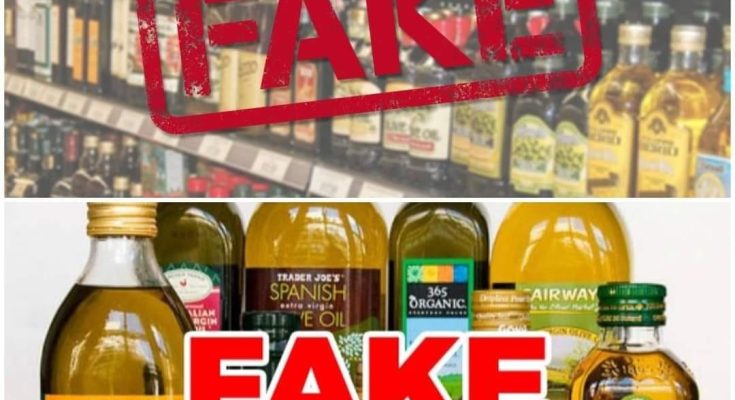Spotting Fake Olive Oil A Guide to Ensuring Authenticity
Introduction Olive oil is a staple in many kitchens, celebrated not only for its versatility and flavor but also for its health benefits. However, the popularity of olive oil has led to the emergence of counterfeit products on the market. It’s important to know how to distinguish real olive oil from the fake ones to ensure you’re getting all the health benefits and the rich taste you love. Here are some tips to help you identify authentic olive oil.
Why It Matters Real olive oil offers a wealth of health benefits, including heart-healthy fats, antioxidants, and anti-inflammatory properties. Fake olive oil, on the other hand, may be diluted with cheaper oils, reducing its health benefits and potentially introducing unwanted fats into your diet.
How to Spot Fake Olive Oil
Check the Label: Genuine olive oil should have a harvest date and a best-by date. The harvest date tells you when the olives were picked and pressed. A more recent harvest date is preferable. Additionally, look for certifications or seals of approval from recognized organizations like the California Olive Oil Council or the Extra Virgin Alliance.
Consider the Container: Olive oil should be stored in dark glass bottles or tins that protect it from light, which can degrade the quality of the oil. Be wary of olive oil sold in clear glass bottles.
Taste Test: Real olive oil should have a fruity, grassy, or peppery taste and might leave a slight sting at the back of your throat. If it tastes flat, musty, or rancid, it’s likely not genuine.
Price Point: If the price seems too good to be true, it probably is. Producing genuine, high-quality olive oil is not cheap, and a low price might indicate that the oil has been cut with cheaper, lower-quality oils.
Refrigeration Test: While not foolproof, placing olive oil in the refrigerator to see if it solidifies can sometimes help indicate its purity. Real olive oil should solidify when it’s cold, showing that it contains a high amount of monounsaturated fat.
Conclusion Ensuring you’re using real olive oil can make a difference in both the flavor of your dishes and the health benefits you derive from them. By knowing how to spot fake products, you can make informed choices that keep your pantry authentic and your meals delicious. Always opt for oils from reputable sellers and check for signs of genuine quality before making a purchase. Enjoy the rich flavors and robust health benefits of true olive oil in your cooking



